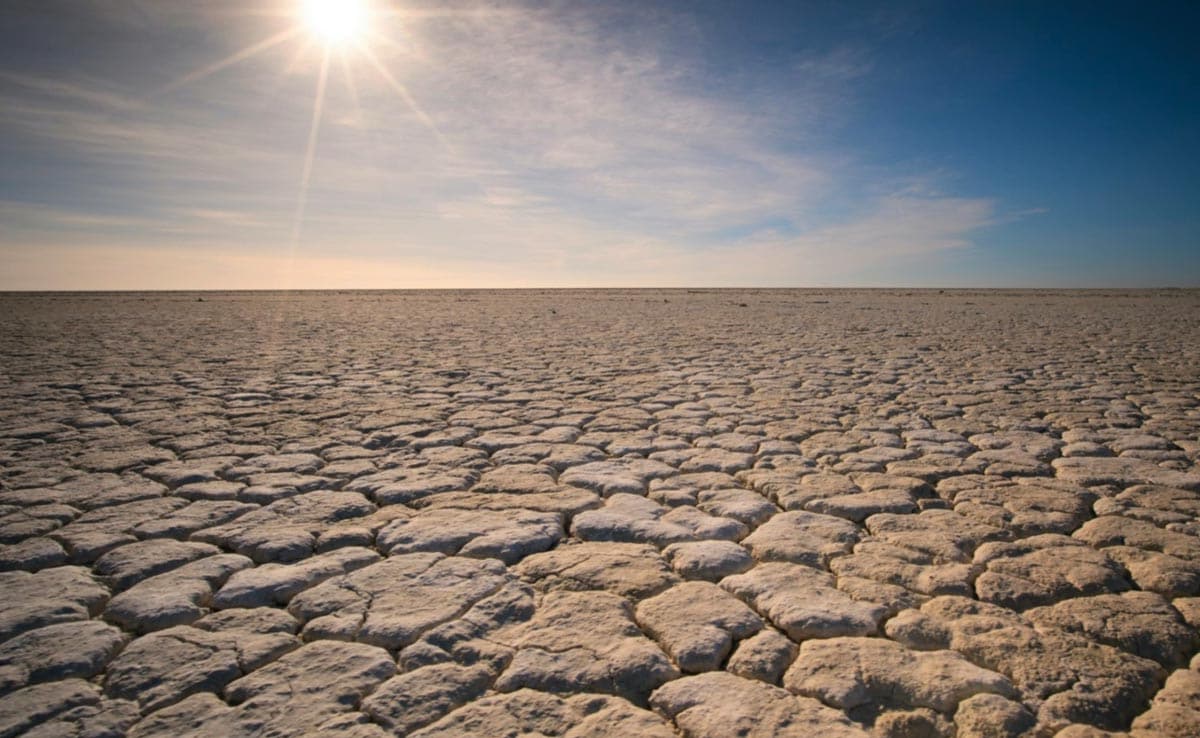Global Water Scarcity: 25 Countries Face Extremely High Water Stress, And It’s Getting Worse


Water scarcity jeopardises people’s lives, jobs, food, and energy security.
Water scarcity is a worldwide concern that is currently impacting numerous regions across the globe. The combination of factors such as population growth, urbanisation, industrialization, climate change, and inefficient water management practices has contributed to the widespread problem of water scarcity. The consequences of water scarcity can be significant and far-reaching, impacting various aspects of society and the environment.
According to the latest data from the World Resources Institute’s Aqueduct Water Risk Atlas, the global community is confronting an unparalleled water emergency, with 25 nations, equivalent to a quarter of the world’s population, currently grappling with exceptionally elevated levels of annual water stress. On a global scale, approximately 4 billion individuals, constituting half of the world’s population, encounter water stress for at least one month annually. This figure might escalate to nearly 60% by the year 2050.
$70 trillion in GDP (31% of global GDP) will be exposed to high water stress by 2050, up from $15 trillion (24% of global GDP) in 2010. Just 4 countries-India, Mexico, Egypt, and Turkey-will account for over half of the exposed GDP in 2050, As per the report, which is released every four years.
The report revealed that 25 nations, comprising a quarter of the world’s population, undergo exceedingly severe water stress annually. Among them, Bahrain, Cyprus, Kuwait, Lebanon, and Oman encounter the greatest impact. These regions could be vulnerable to water scarcity even during a brief period of drought.
The regions experiencing the highest water stress are primarily the Middle East and North Africa, with a staggering 83% of the population facing extremely high water stress. Additionally, in South Asia, a significant 74% of the population is similarly exposed to such conditions.
“Water is arguably our most important resource on the planet, and yet we’re not managing it in a way that reflects that. I’ve been working in water for close to 10 years, and unfortunately, the story has been the same almost the entire 10 years,” Samantha Kuzma, Aqueduct data lead from WRI’s water programme and a report author, told CNN.
Urgent measures are essential to address the urgent water crisis. Feasible and economically viable solutions are within reach, but the pivotal factor lies in the commitment of political leaders and the allocation of financial resources.
The authors of the report suggested that it is imperative that all levels of governance, in conjunction with communities and businesses, unite to shoulder the responsibility of forging a future where water security is a universal assurance.

